Tag: Elections
-
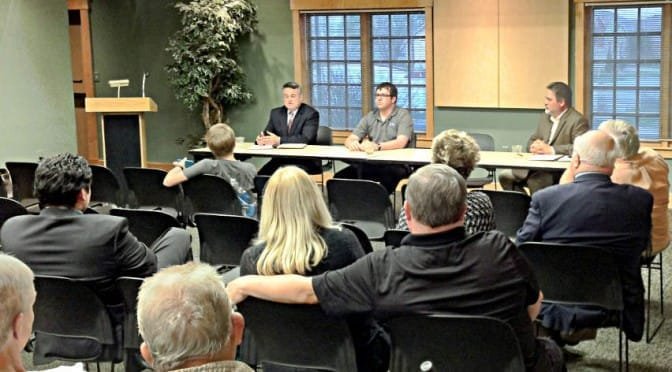
Wichita city council candidates
On March 31, 2015 Coalition for a Better Wichita held a candidate forum for candidates for Wichita city council districts 4 and 5.
-
Voter turnout, Wichita primary election, March 3, 2015
The Sedgwick County Election Office reports that for the March 3, 2015 primary election there were 200,371 registered voters in the City of Wichita. 19,605 ballots were cast, for a turnout rate of 9.8 percent. View a map of turnout by precinct below, or click here to open in a new window.
-
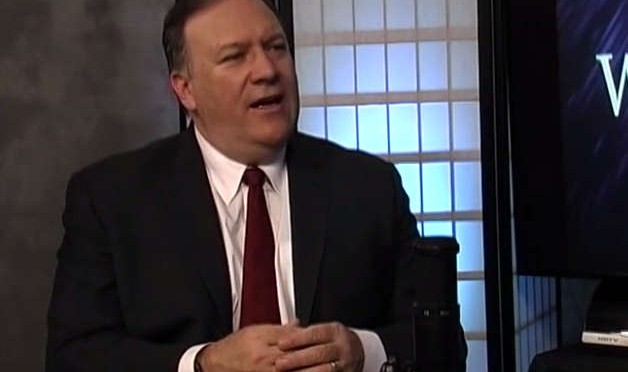
WichitaLiberty.TV: United States Congressman Mike Pompeo
Congressman Mike Pompeo talks about risks to America from overseas, Benghazi, congressional scorecards, the Grant Return for Deficit Reduction Act, and labeling food with genetically engineered ingredients.
-
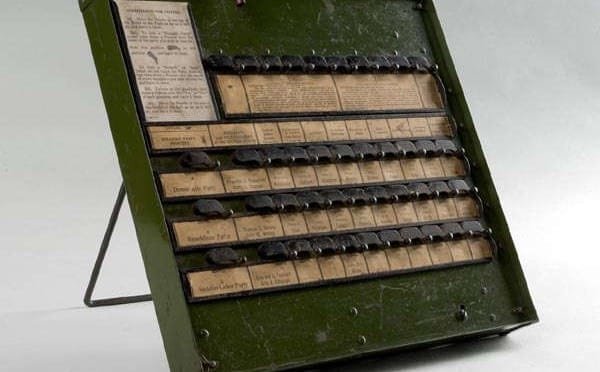
Wichita mayoral candidates at Pachyderm Club
Wichita mayoral candidates Jeff Longwell and Sam Williams at the Wichita Pachyderm Club.
-
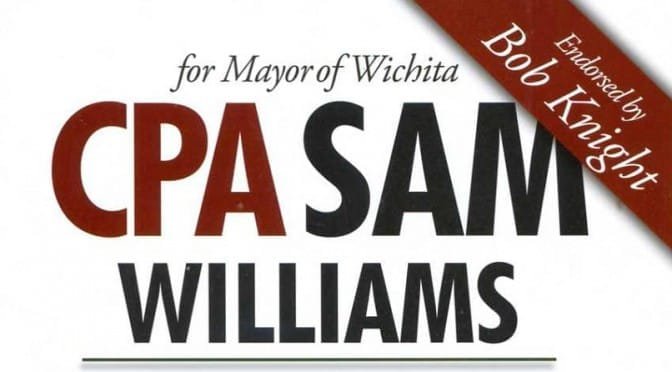
Sam Williams, CPA?
Sam Williams, a candidate for Wichita mayor, is not entitled to use the title “CPA,” according to Kansas law.
-
Republican candidates for Wichita mayor
On February 19, 2015, the Sedgwick County Republican Party held a forum for Republican candidates for Wichita mayor.
-
Wichita mayoral candidate forum
On February 17, 2015, Coalition for a Better Wichita sponsored a forum for the ten candidates running for Wichita mayor
-
Lavonta Williams on the Wichita City Council
A timeline of events from the tenure of Lavonta Williams on the Wichita City Council.
-
Jeff Longwell on the Wichita City Council
A timeline of events from the tenure of Jeff Longwell on the Wichita City Council.
-
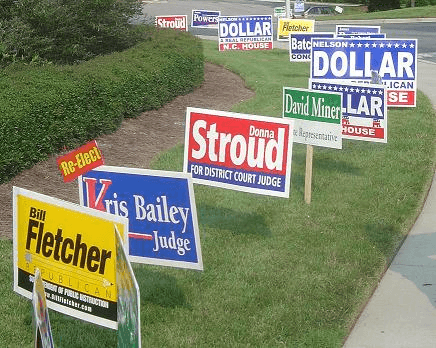
In Kansas, you may display a political sign in your yard
Kansas law overrides neighborhood covenants that prohibit political yard signs before elections.
-

Kansas spring elections should be moved
Moving spring elections to fall of even-numbered years would produce more votes on local offices like city council and school board.
-

Wichita city council candidate forum
At a meeting of the Sedgwick County Republican Party, Republican candidates for Wichita city council districts 4 and 5 spoke.